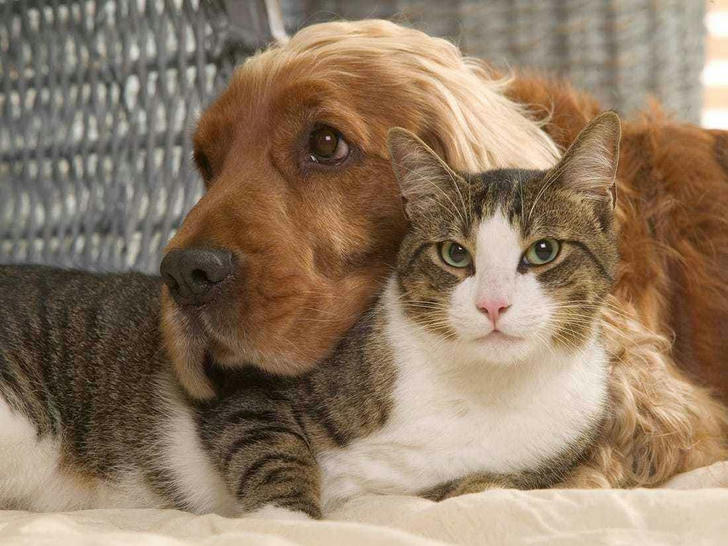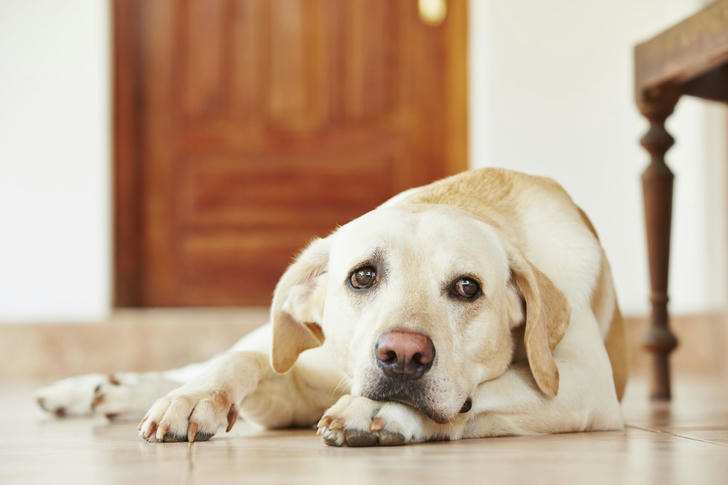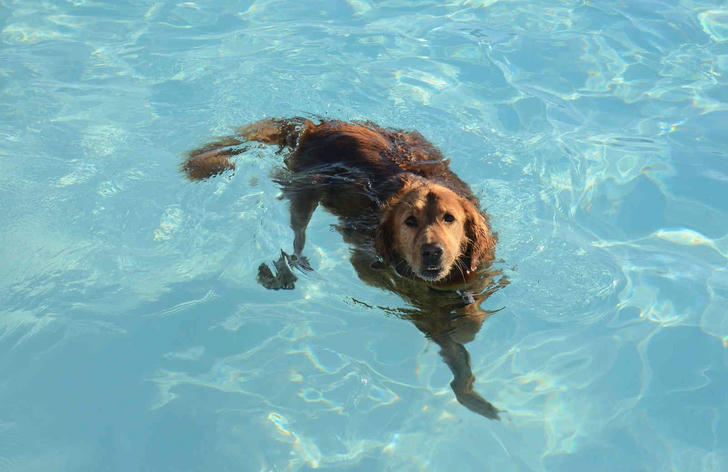Recognizing the Special Needs of Senior Pets: Dietary, Exercise, and Mental Health

As pets age, their needs change significantly. Just like humans, senior pets require special attention to ensure they maintain a healthy and happy life. This article explores the dietary, exercise, and mental health needs of older pets and provides actionable solutions to help pet owners care for their beloved companions.
Understanding Dietary Needs
Nutritional Changes
One of the key aspects of senior pet care is nutrition. As pets age, their metabolism slows down, and their bodies may require fewer calories but higher-quality nutrients. Therefore, transitioning to a diet suitable for senior pets is crucial.
Key Nutritional Components:
1.High-Quality Protein: Senior pets need protein to maintain muscle mass. Look for foods that list meat as the primary ingredient, such as chicken, beef, or fish.

2.Easily Digestible Carbohydrates: Senior pets may have sensitive digestive systems. Choose grains like brown rice or sweet potatoes, which are gentler on the stomach.
3.Omega Fatty Acids: These are vital for maintaining healthy skin and coat and can also help reduce inflammation in aging joints. Fish oil supplements are an excellent source.
4.Fiber: To prevent constipation and promote healthy digestion, include sources of fiber, such as pumpkin or beet pulp, in your pet’s diet.
Real-Life Dietary Case Study
Consider Bella, a 12-year-old Labrador Retriever. Bella's owner, Sarah, noticed that Bella had become less active and seemed to be gaining weight. After consulting with the veterinarian, Sarah learned that Bella needed a diet with lower calories but higher protein to maintain her muscle mass. They transitioned Bella to a senior dog food that contained chicken as the main ingredient, along with sweet potatoes for digestible carbohydrates.

For Bella’s meals:
Breakfast: 1 cup of senior dog food mixed with 1 tablespoon of canned pumpkin and a sprinkle of fish oil.
Lunch: 1/2 cup of cooked chicken mixed with brown rice and green beans.
Dinner: 1 cup of senior dog food with 1 tablespoon of yogurt.
After a few weeks, Sarah noticed Bella had more energy and was more willing to play. The dietary change not only helped Bella lose a bit of weight but also improved her overall health.
Exercise Needs
Importance of Regular Exercise
While senior pets may not have the energy they once did, regular exercise is crucial for maintaining a healthy weight, supporting joint health, and improving overall well-being. However, the type and intensity of exercise should be adjusted according to the pet's age, breed, and health status.
Recommended Exercise Routines
1.Short Walks: Aim for two short walks daily (15-20 minutes each). This helps keep joints limber without overexerting them.
2.Gentle Playtime: Engage in low-impact games such as fetch with a soft toy or gentle tug-of-war. This encourages movement without causing strain.
3.Swimming: If possible, swimming can be an excellent low-impact exercise for senior pets, providing a full-body workout while being easy on the joints.

4.Mental Stimulation: Incorporate activities that stimulate the mind, such as puzzle toys or training sessions, to keep your pet engaged.
Real-Life Exercise Case Study
Max, a 10-year-old Golden Retriever, had started to slow down, and his owner, John, was concerned about his weight and joint health. John implemented a structured exercise routine for Max.
Weekly Plan:
Monday: A 20-minute morning walk, followed by 10 minutes of light play with a soft frisbee.
Wednesday: A 15-minute swim at a local dog-friendly pool, then a 10-minute session with a puzzle toy to challenge Max’s mind.
Friday: An evening walk for 20 minutes and 10 minutes of practicing basic commands like “sit” and “stay.”
After several weeks, Max not only lost weight but also regained some energy, enjoying his walks and playtime more than before.
Mental Health Needs
Recognizing Behavioral Changes
Senior pets may experience changes in behavior due to cognitive decline or health issues. Common signs include disorientation, changes in sleeping patterns, and decreased interaction. Timely recognition of these changes is essential to provide necessary support.
Strategies for Enhancing Mental Health
Routine: Establishing a daily routine can help senior pets feel more secure and reduce anxiety.
Interactive Toys: Invest in toys that challenge your pet's problem-solving skills, promoting mental engagement.
Socialization: Encourage interaction with other pets or people, which can help stave off loneliness and boredom.
Comfortable Environment: Create a safe, comfortable space for your pet to relax, free from loud noises and disturbances.
Real-Life Mental Health Case Study
Luna, a 13-year-old Shih Tzu, began showing signs of anxiety and confusion, often barking at shadows and pacing around the house. Her owner, Emily, recognized these behaviors as signs of cognitive decline and decided to take action.
To help Luna:
Emily established a daily routine, including regular feeding times and consistent walking schedules, which helped Luna feel more secure.
She introduced interactive toys that dispensed treats when solved, keeping Luna mentally stimulated.
Emily also arranged playdates with a neighbor's friendly dog, which helped Luna socialize and reduced her feelings of loneliness.
Over time, these adjustments led to a noticeable improvement in Luna’s behavior. She became more relaxed and engaged, enjoying her days much more.

Conclusion
Caring for senior pets is an important and meaningful responsibility that not only concerns their health but also their overall happiness. As pets age, their needs change, and pet owners must understand these changes in order to provide appropriate care.
Diet, exercise, and mental health are three critical aspects of senior pet life that cannot be overlooked. By ensuring that senior pets receive a high-quality, easily digestible diet, we can help them maintain a healthy weight and muscle mass, thus improving their overall health. Appropriate exercise can enhance their physical vitality, promote joint health, and slow down the aging process to some extent. Additionally, paying attention to pets' mental health by providing a stimulating environment and social opportunities can significantly enhance their quality of life and reduce feelings of anxiety and loneliness.
In practical care, pet owners should regularly communicate with veterinarians to monitor their pets' health and behavioral changes. Adjusting care plans based on the specific needs of pets and conducting regular check-ups can ensure that our efforts effectively meet the special requirements of senior pets.
In summary, caring for senior pets requires love, patience, and knowledge. By focusing on their dietary, exercise, and mental health needs, we can not only help our pets live comfortably in their golden years but also build a deeper emotional bond with them. Ultimately, providing them with a fulfilling life experience will give us, as owners, immense satisfaction and joy. Let us work together to ensure our senior pets enjoy a high-quality life during their golden years.
